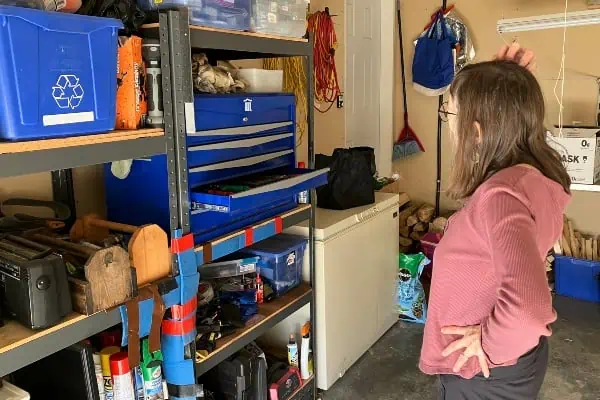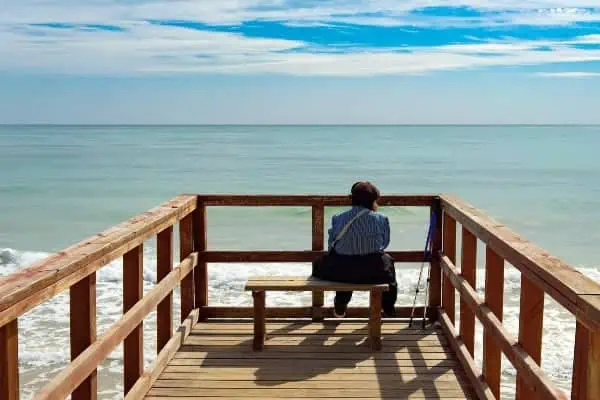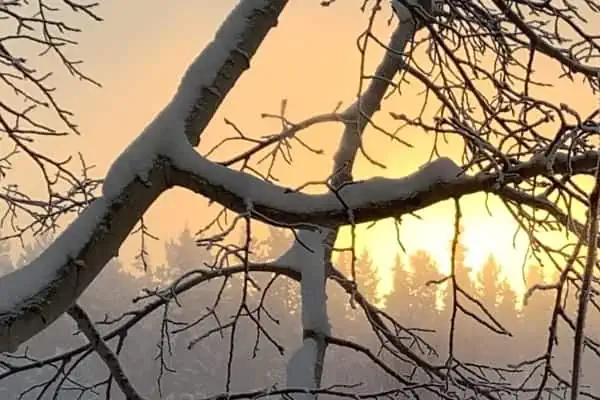Let’s face it–being a senior means being closer to the end. That is, we are closer to death. When I was born, life expectancy for a Canadian male was 72 years. Now it’s 80. Medical science is forever making advances that push those boundaries and will challenge the inevitability of death. However, in 2020, to the best of my knowledge, death will still come to all of us. This article is not about the process of dying, but about what comes after. Why is death so feared? Associations include somber funeral halls, coffins, the grim reaper with his sickle, and darkness as black as coal. The fear of death could have two facets to it. First is the fear of not getting more of what you are used to, the indelible pleasures of life.
Maybe you want more of both the mundane and the meaningful, including:
- One more succulent steak dinner and glass of rich-bodied Merlot.
- One more spectacular mountain or ocean view to soak in.
- One more exhilarating close encounter with your partner, or a complete stranger!
- The joy of seeing a child’s smile, whether it be your grandchild or any child in the playground playing with friends.
- The inner fulfillment of a stimulating intellectual discussion or a creative endeavour.
- The warmth of holding the hand of, or just being in the company of your love, your life partner, your soulmate.
There is little question that admitting you may no longer be a part of it all causes some of the unease surrounding thoughts of one’s own death. If one could, as some suggest, simply and completely “live in the moment,” a person would have much less problem letting go of the habits and joys of life. A wonderful concept. I am not able to do it.
I believe the part that is a real “fear” comes from not knowing what’s next. The fear of the unknown. We do not know what happens after we die because no one has come back to tell us about it in an extensive manner. There have been reported after-death experiences, but those are short glimpses, not the “complete story.” I would, however, suggest that what is assumed about what happens after we die can be slotted into four broad categories:
- We are in Hell! It could be fire and brimstone and the devil playing a fiddle. It could be our own personal version of hell with our worst fears and nightmares from life playing over and over like a broken record.
- We exist in heaven or a utopia. There is no pain or emotional turmoil. Whatever makes you happy and fulfilled is in abundance, both externally and internally. I have, however, seen enough science fiction movies about utopia to suspect that there is always a “catch” to being in utopia.
- Things are different. We, or whatever we have transformed into, are simply different and the world around us is different. It is not necessarily better or worse, just different. On the assumption that there is not a continuation of the conscious thought process from one “life” to the next, then it is a fresh slate. If your consciousness does not reach back, then the fear of this unknown future is illogical. The mind of today and the mind of the future never meet.
- There is nothing. We are simply a physical body and the body ceases to function. We die and our existence is complete on every possible level. Why fear it if there is nothing to feel?
Considering the above analysis, what is it we are now looking at in terms of potential outcomes of death? If we have four potential outcomes and three of them are not negative ones, then you are batting .750. If a quarterback in football connects on 75 per cent of his passes, he is doing well. If a batter in professional baseball hit .750, he would be a superstar.
Perhaps the advantage of being older and having more time on your hands is that you can work on coming to terms with death and meet it with curiosity, rather than fear. That is how I am trying to approach what comes with death.




